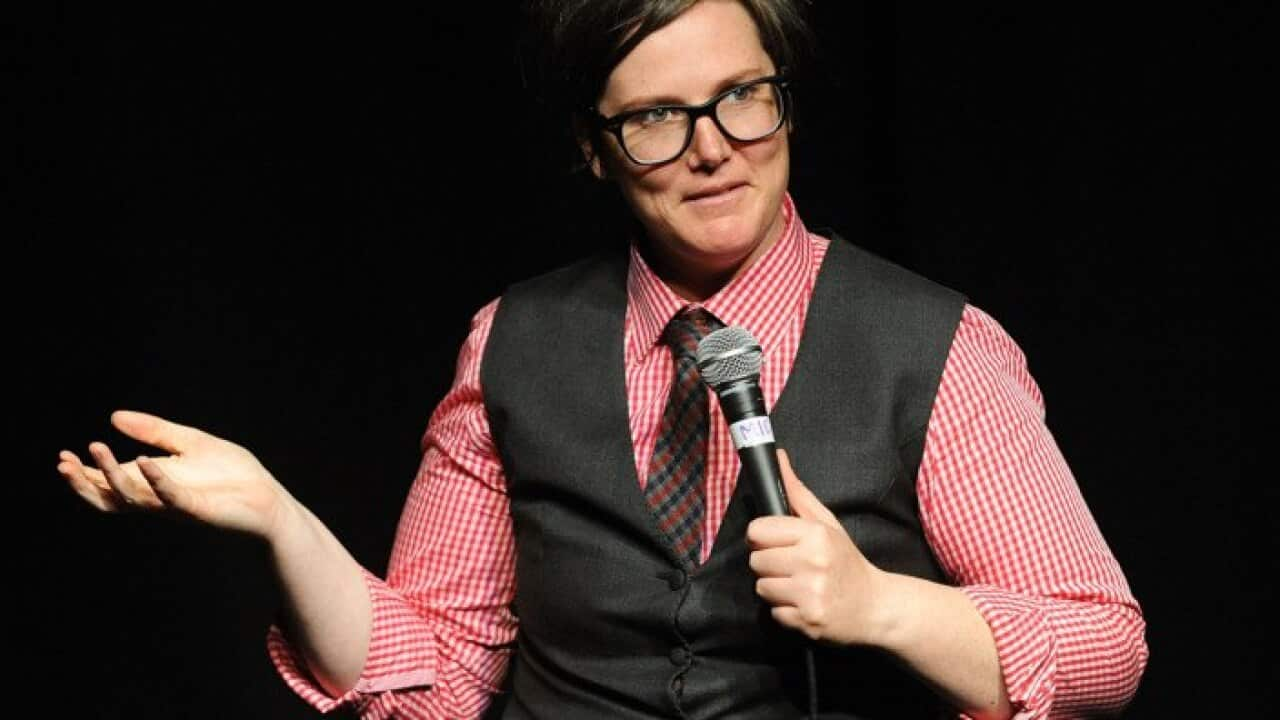Celebration is a language that we can all understand. It doesn’t matter how our brains are wired, or where we’re from, or what we’ve been taught: we all want things to celebrate. So I’d like to share five things that you can learn from an autistic person, which are worthy of celebration.
Many argue that neurodiverse people need to be cured, and fixed, and to learn how to adapt. Yet it seems to me that we have a lot to offer, which you may be able to draw nourishment from.
So via sharing some of these qualities in celebration of Autism Awareness Day (Tuesday April 2), I hope that you’re able to sprinkle some neurodiverse magic across your mind, and your life.
1. You are your ‘special interests’
You are defined by what you love, and how you love it. What you’re passionate about has the power to eclipse any feelings of uncertainty, fear or insecurity. I mean feelings of doubt are never going to entirely disappear. However, it’s a lot harder for them to take hold in the presence of passion.
So when people roll their eyes, or call what you care about belittling names like ‘obsessions’ or ‘special interests’ or they say things like “you’re selfish” or “you’re very disciplined, aren’t you?”, it doesn’t matter as much. Because once you’ve discovered what gives you joy, you’ve discovered yourself.
2. Embrace honesty
Do something wild, absolutely revolutionary, and downright crazy today: be honest with yourself and with other people. Go on. Only smile when you’re truly happy. Allow yourself to cry if you’re sad. Have a rest when you’re tired. Tell your boss / family member / friend / partner / colleague about what’s troubling you.
People underestimate how much energy it takes to fit in and to seem ‘nice’ and to be ‘polite’ all of the time. Give yourself the space to identify what you think, and how you feel, and then express it. Allow yourself to be revealed. Because life becomes such an exciting and invigorating place when autopilot is switched off, and when sharing what you think and feel is switched on.
3. Rejoice in communicating in new and different ways
Spoken words and making eye contact are overrated. People show that they care in a whole multitude of ways, and it’s important to be open to that.
There’s a lot of pressure on us all to communicate in certain ways, and at certain times, using certain tones of voice, and gestures. Yet as Louise Hay writes in her bestselling book there are more than 250 ways to wash a dish. So there must be at least a million ways to express that we care, and that we’re grateful. So be a bit more neurodiverse about it. There’s no one-way of expressing or doing anything. Ever.
People show that they care in a whole multitude of ways, and it’s important to be open to that.
4. Fall in love with silence
Silence loves you. There’s no need to be scared of it. Yet people are very quick to fill silences with worries, and concerns, and news feeds, and commentaries, and opinions, and wants, and needs, and questions, and answers. So don’t. Just stop.
Intimacy - or ‘into-me-see’ – usually happens when there’s space for it, not when we’re trying to control everything through distracting ourselves from ourselves. So take a breather, and sink into some silence. Let it hold you, and care for you. There’s nothing to be afraid of except your own mind.
Meditation is a nice, structured way to invite silence in. Yet it doesn’t need to be structured. Silence can just happen, either when you’re alone, or with other people. And, often, it speaks louder than words.
RECOMMENDED

Making school friends when you have autism
5. Celebrate your rituals and routines
Rituals and routines are life enhancing. They enable us to be of service to others, and to feel alive. They’re powerful parts of our lives. The process of getting dressed, and making a cup of coffee, and waiting for the train, and walking the dog, and hanging out the washing, and cooking dinner, and putting on perfume, and making the bed, and doing some exercise, and meeting up with a friend, is how we care for ourselves, and for each other. It’s worth taking the time to honour these activities, and to carry them out mindfully because, in many ways, they’re all that we have.





